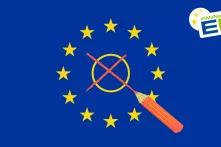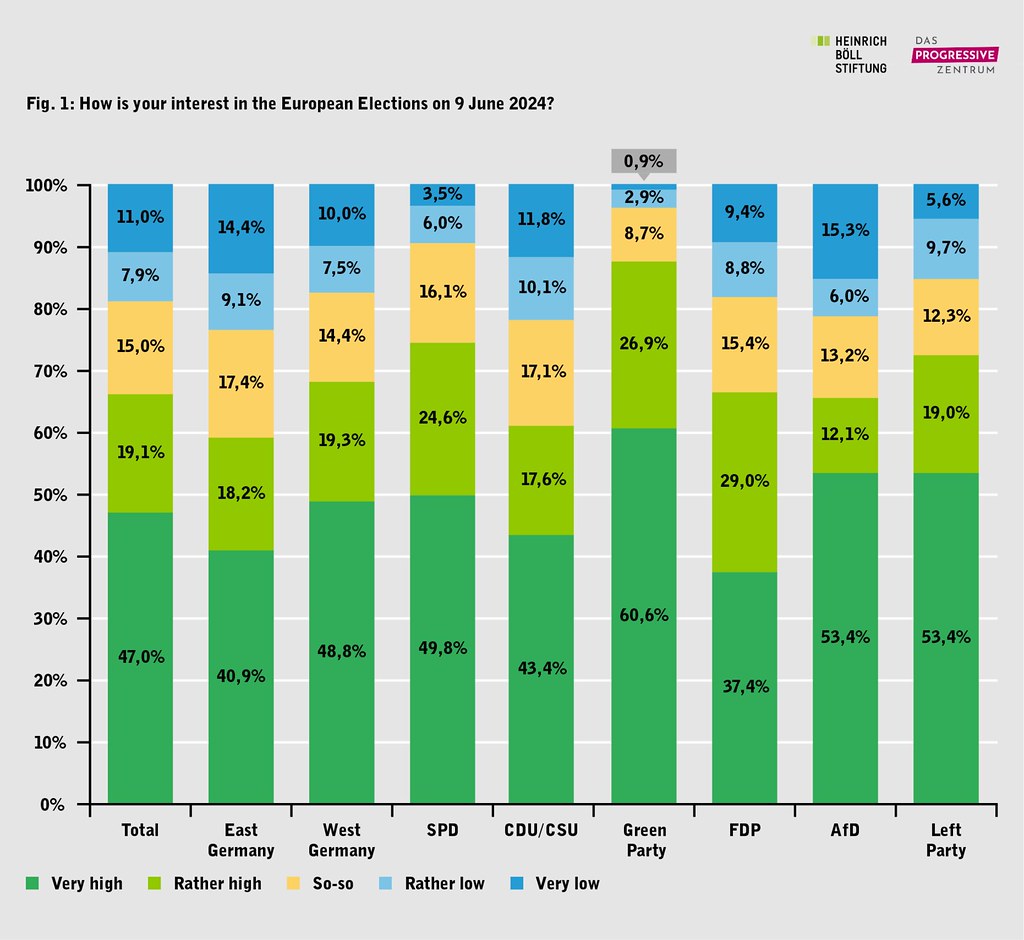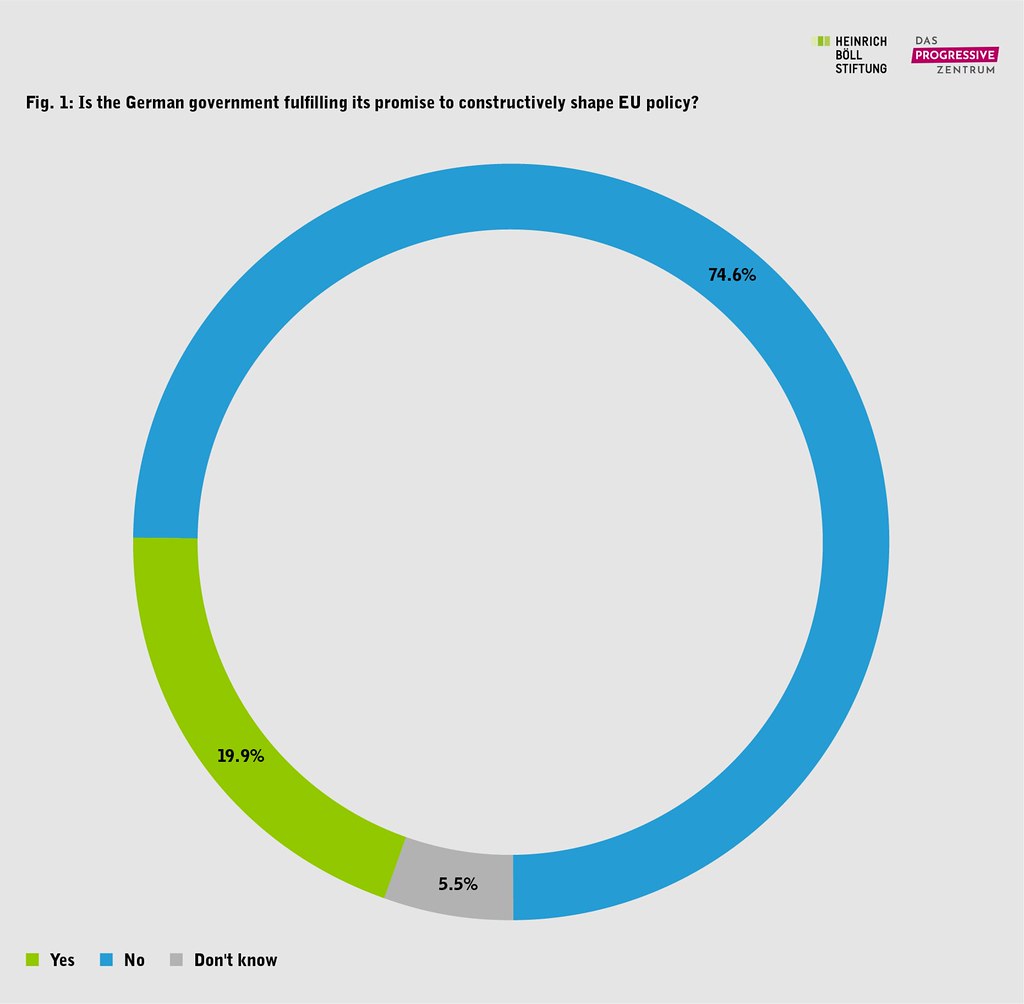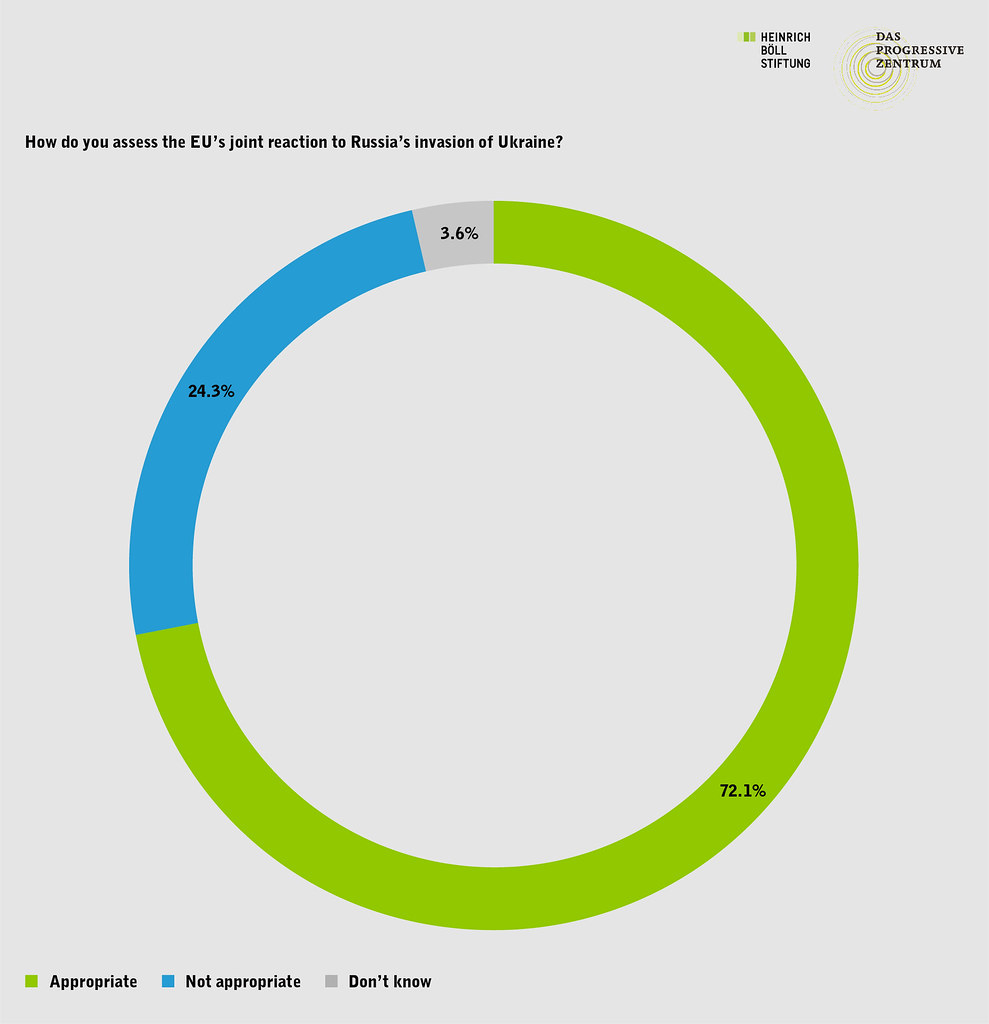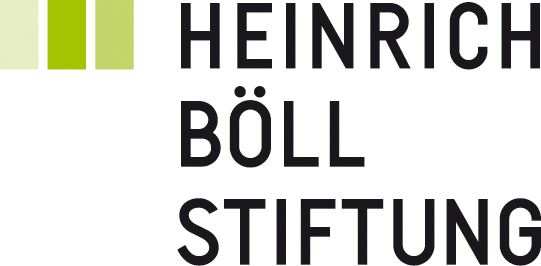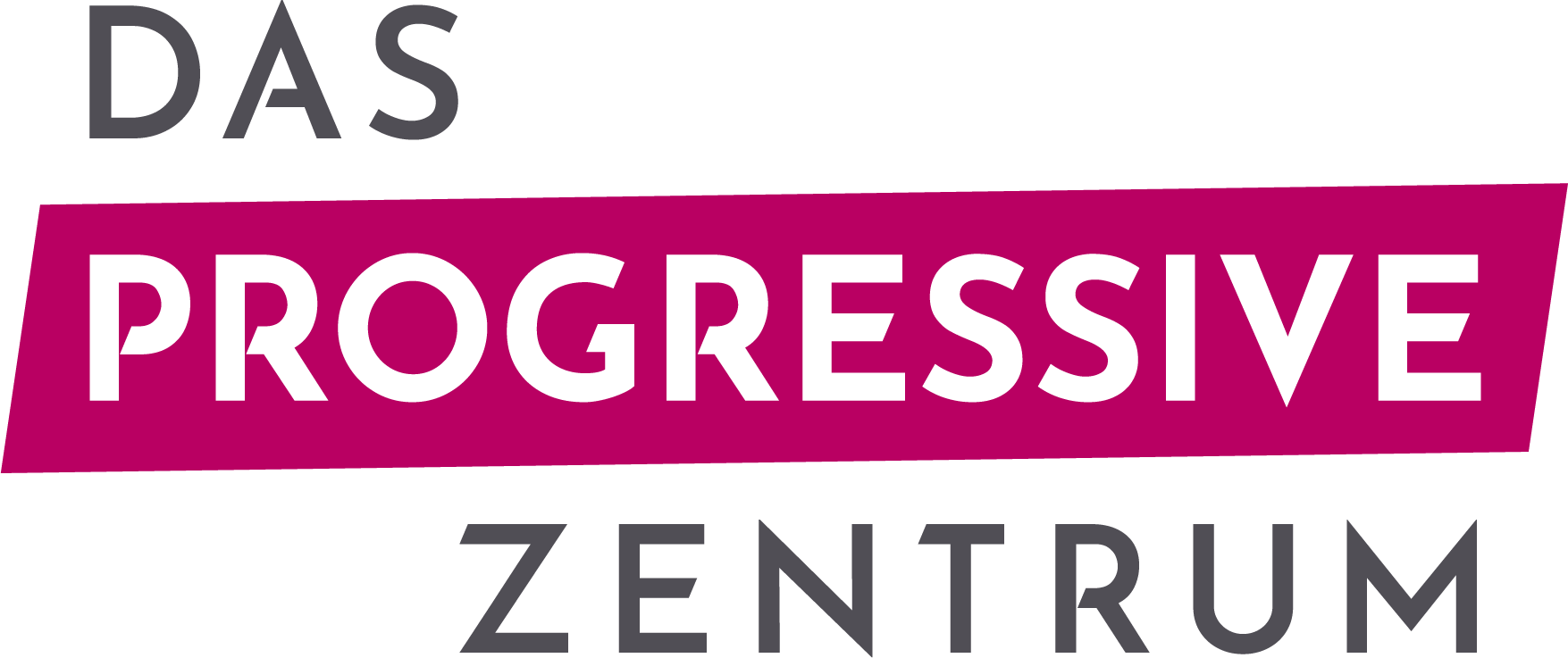Actually European!?
Long-term study on Germany's role in the EU
"Actually European?!" is an annual long-term study on Germany's role in the European Union. It is published by the Heinrich Böll Foundation in cooperation with Das Progressive Zentrum. Since 2019, we have been conducting a representative survey on Germany's self-image and citizens' expectations of German European policy. There have also been English summaries of the study since 2021. However, the entire study is only available in German.
CURRENT: Study 2025
The study “Actually European!?” 2025 examines for the seventh year in a row how the German population assesses Germany's role in the EU and what kind of behavior they would like to see from the German government in Brussels.
All previously published English summaries and associated graphics and videos can be found on this page.
2025: Embracing Cooperative Leadership in Europe
The study “Actually European!?” 2025 examines for the seventh year in a row how the German population assesses Germany's role in the EU and what kind of behavior they would like to see from the German government in Brussels.
Key Findings 2025
- Support for a stronger German leadershiprole in the EU
- Call for cooperative EU policy by the German government
- Top priorities: Migration and integration, defence and competitiveness
- Support for a European defence union
- Declining support for European climate protection
- Advantages of EU membership prevail, but economic skepticism persists
Key Findings 2024
• High interest in EU elections, high lack of interest among AfD supporters
• European crisis solutions in the center of the election campaign
• Support for EU’s aid to Ukraine
• Doubts about the EU‘s economic benefits
• Germany should be cooperative and active at the EU level
2023: Citizen Expectations towards German EU Policy in the Context of Crisis and Transformation
The "Actually European?! 2024" study reveals that citizens expect Germany to play a more active role in the EU. Moreover, the long-term study, now in its fifth year, surveys what Germans perceive to be the country’s role within the EU.
Complete study in German
Study 20232022: Citizen Expectations towards German EU Policy at the "Zeitenwende”
This year’s “Actually European!?” study examines the expectations that citizens have for Germanys EU Policy at the "Zeitenwende”. Moreover, the long-term study, now in its fourth year, surveys what Germans perceive to be the country’s role within the EU.
Complete study in German
Study 20222021: Citizen expectations of the next German government’s EU policy
As the general elections in Germany draw nearer, Angela Merkel’s time as Chancellor, and thus an era of German EU policy-making, is coming to an end. A new German government will step onto the EU policy stage – mere months after a united response to the Covid-19 crisis was found in the shape of the EU Recovery Fund, but also after criticism was levied at the EU for its vaccine procurement strategy. This year’s “Actually European!?” study examines the expectations that citizens have of the next German government’s EU policy. Moreover, the long-term study, now in its third year, surveys what Germans perceive to be the country’s role within the EU.
About the study "Actually European!?"
Germany's role within the EU
As a founding member, the most populous country and the largest economy, Germany has a special responsibility in the European Union. The long-term study “Actually European” examines Germany's self-image with regard to its role in the EU. The study has been published annually since 2019. It is published by the Heinrich Böll Foundation in cooperation with the Progressive Center.
This study provides answers for anyone who wants to know how Europe is thought of in Germany and what expectations citizens have of German European policy.
Annual survey on Germany's role in the EU
The study is designed as a long-term study and examines the self-image of Germany's role in the EU, the attitudes of citizens towards the political priorities of German European policy and their financing. As part of the long-term study, representative surveys are conducted annually by the opinion research institute Civey. The majority of the questions are identical, with a smaller proportion relating to current political developments. The questions are based on three dimensions of Germany's self-image in the EU:
1. Germany's political role,
2. Germany's financial policy stance and
3. the cost-benefit considerations of German EU membership.
These dimensions are based on the results of focus groups conducted in 2019 and 2021.
Recommendations for German European policy
On the basis of the graphically processed survey results, the study develops recommendations for a future-oriented German European policy that is embedded in Europe. The recommendations are based on the results of the representative survey. By surveying the attitudes of the German population, the study aims to contribute to the development of a forward-looking and realistic German self-image in Europe.
A central question of the study is Germany's contribution to greater European capacity to act and its financial facilitation. The study aims to contribute to the cost-benefit debate on German EU membership. The starting point in the public debate is often the myth that Germany is the “paymaster of Europe” or threatens to become one in the future.
While it is true that Germany is one of the largest net contributors to the EU budget, it benefits from the EU single market like no other member state. The fact that EU membership is a bad deal for Germany financially is not supported by data from various economic institutes and the EU Commission - on the contrary. The Germans themselves also see the benefits of Germany's EU membership very clearly and speak out every year in favor of Germany investing more in future tasks together with its EU partners.



